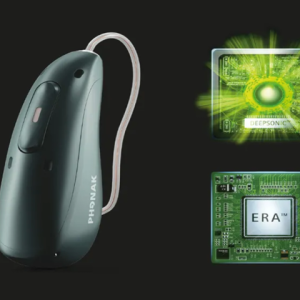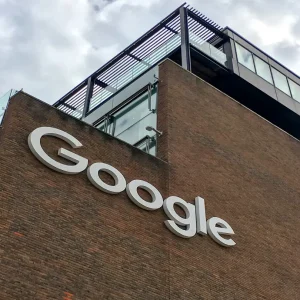
1. General Motors
Machine magnate General Motors seek to overtake Ford and Waymo (Alphabet) and bring the first autonomous car to market which has no steering wheel or pedals.
The US conglomerate has wasted no time putting their plans into action, having already applied to the official drivers’ safety board for permission to let humans without drivers’ licenses ride autonomously.
“The fourth generation self-driving Cruise AV can help advance our vision of a world with zero crashes, emissions and congestion,” said the company on Twitter.
2. Cisco and Hyundai
Hoping to reduce the time to market of the connected car, the tech partnership has its sights set on a “hyperconnected car” in production by 2019. Future Hyundai vehicles will come equipped with multi-layer cybersecurity and over the air update capability. Also announced were improved sensors and an end-to-end software-defined network (SDN) built by Cisco to create a “software-defined vehicle”. The companies said their approach will speed the time required for adding new features to existing cars.
3. NVIDIA and Mercedes-Benz
Following the announcements of its partnerships with Uber and Volkswagen, NVIDIA will also be partnering with Mercedes to power all AI and graphics features for its new AI cockpit MBUX.
The chipmaster will power the 3D “in-car infotainment system” which uses on AI-type technology and deep learning to improve driver experience. Showing no signs of slowing down, the companies said their AI car will hit the market later this year.
4. Lyft, BMW and Aptiv
British company Aptiv (formerly known as Delphi Automotive, a spin-out of Delphi Automotive) partnered with BMW and ride-hailing firm Lyft to trial driverless taxis in the Las Vegas area during the CES.
Each of the 10 vehicles trialed came equipped with Velodyne LIDAR behind the grill, front-facing LiDAR on wing mirrors and two radar sensors on either side of the car. These components connected the car to Las Vegas’ networked traffic lights. Able only to ferry passengers to one of 20 pre-programmed destinations, customers reported smooth journeys with no safety incidents. During testing, a trained vehicle operator (“safety pilot) and a staff guide from Aptiv were present in every autonomous car, ready to intervene on as necessary.
Harman ignites next level connectivity for smart cars
Alexa leaves home: Toyota, Lexus models host Amazon Echo
Uber, Volkswagen bring NVIDIA on board for 360 driverless car vision
5. Toyota and Pizza Hut
 The Japanese automaker and American food chain showcased their fully autonomous delivery concept vehicle to showgoers in Nevada. Still in the design phase, the smooth rectangular silver vehicle features an e-Palette, incorporated as a method of cooking food en route to customers.
The Japanese automaker and American food chain showcased their fully autonomous delivery concept vehicle to showgoers in Nevada. Still in the design phase, the smooth rectangular silver vehicle features an e-Palette, incorporated as a method of cooking food en route to customers.
The manufacturers said they would be able to reconfigure the vehicle, turning around a customised model between 13 and 23 feet in under 24 hours. Toyota believe they will be able to bring the flexible use vehicle to market as early as 2020, debuting the tech at the Tokyo Olympic Games. US testing would take place not long after in the 2020s.






